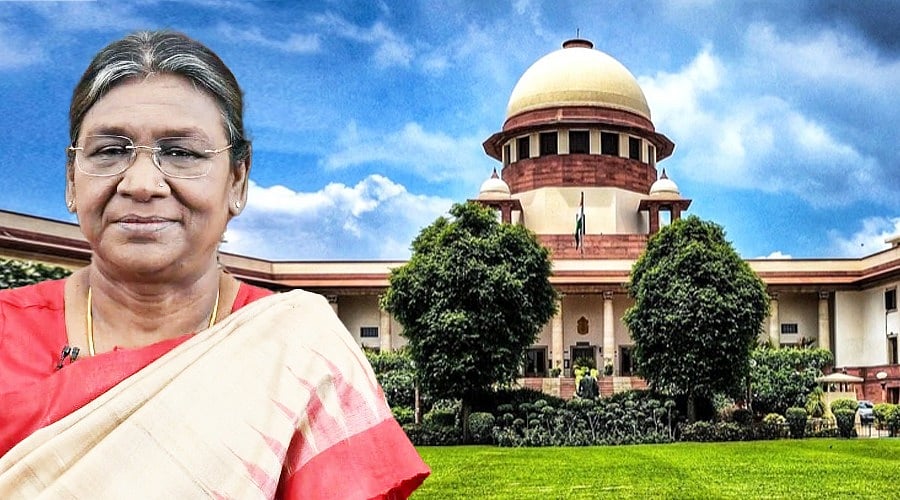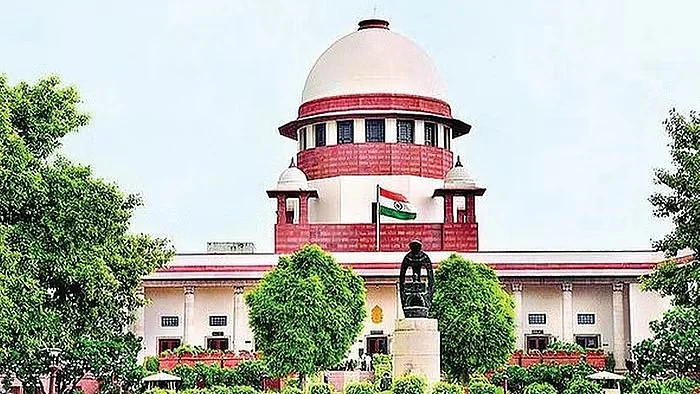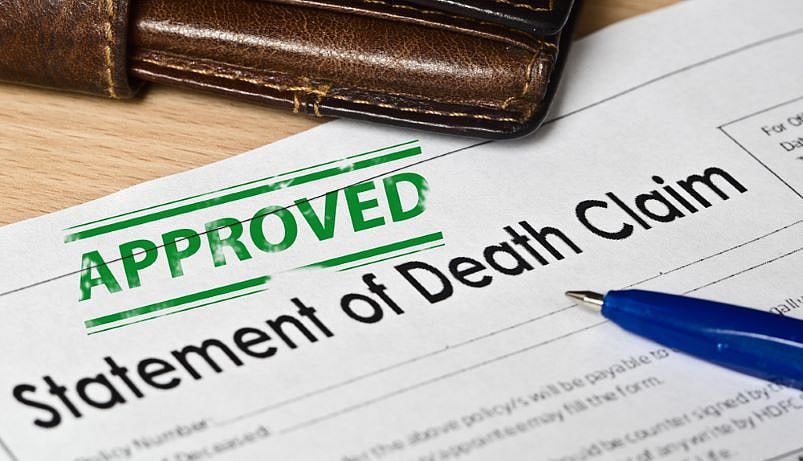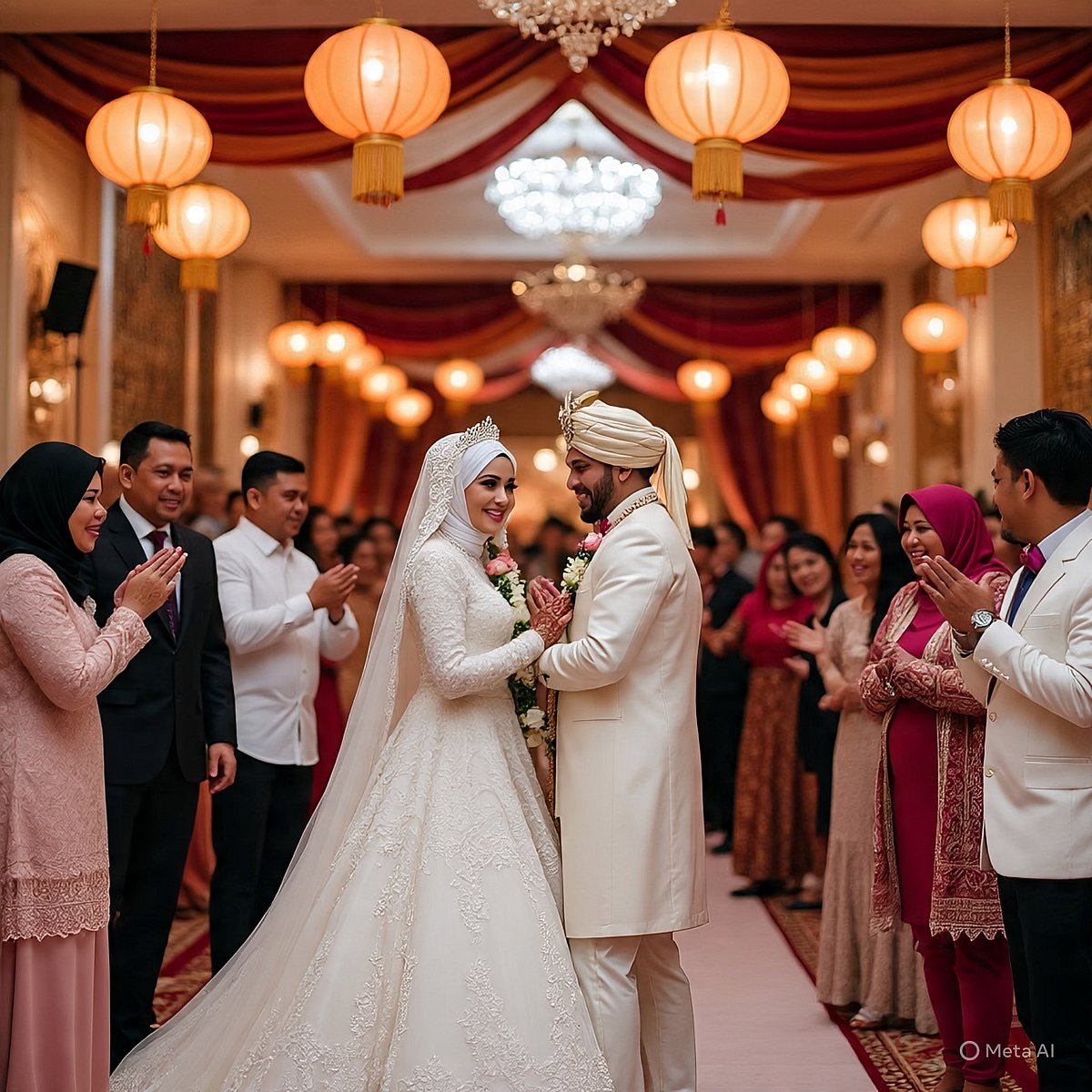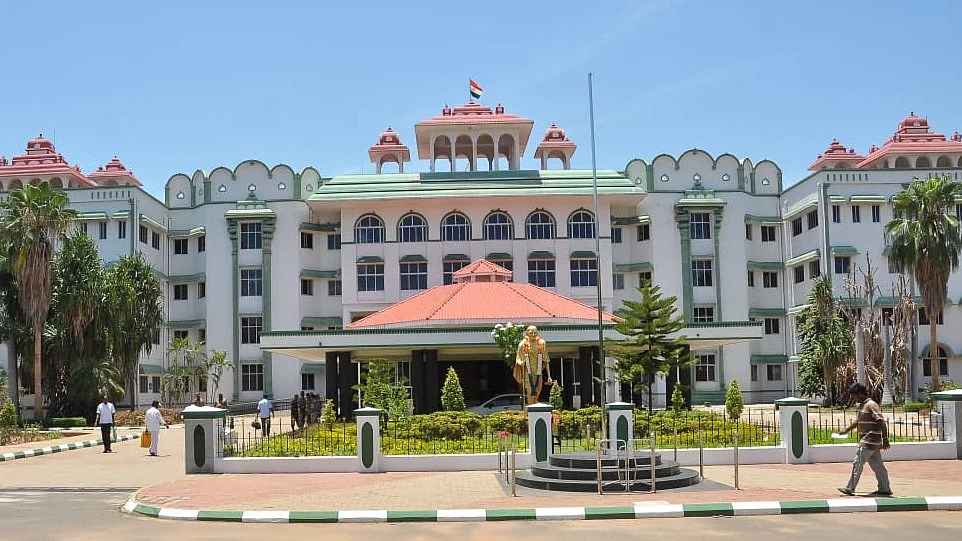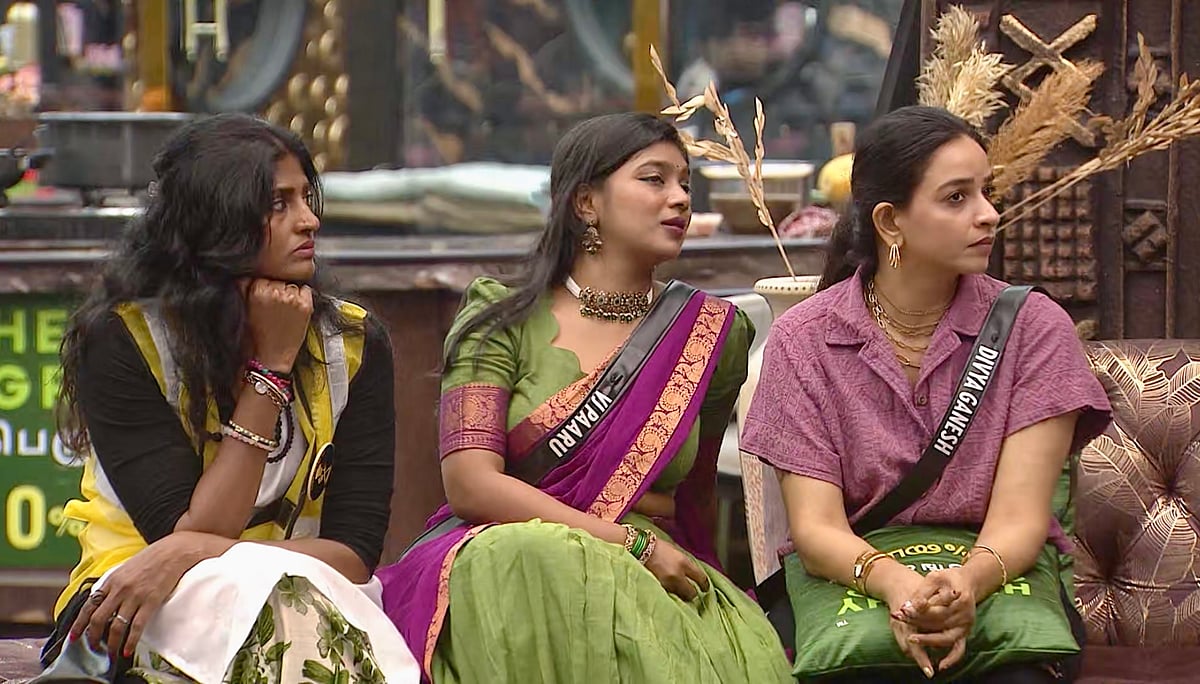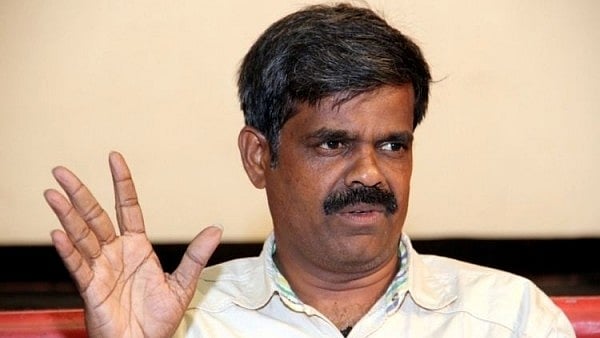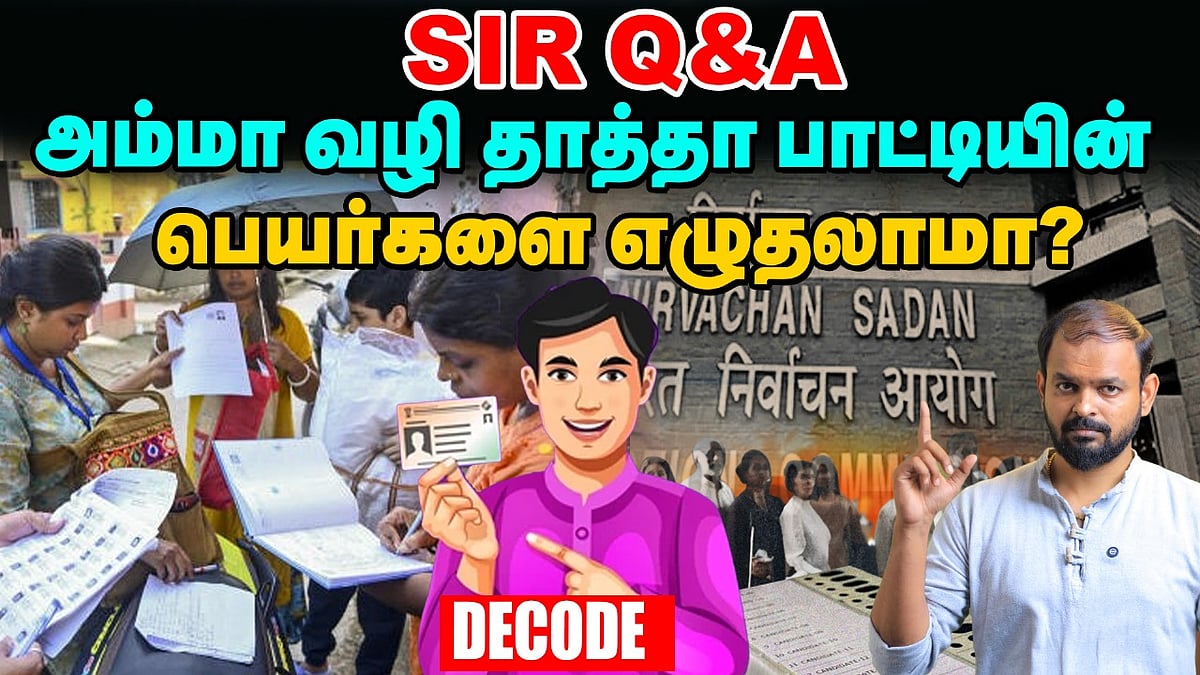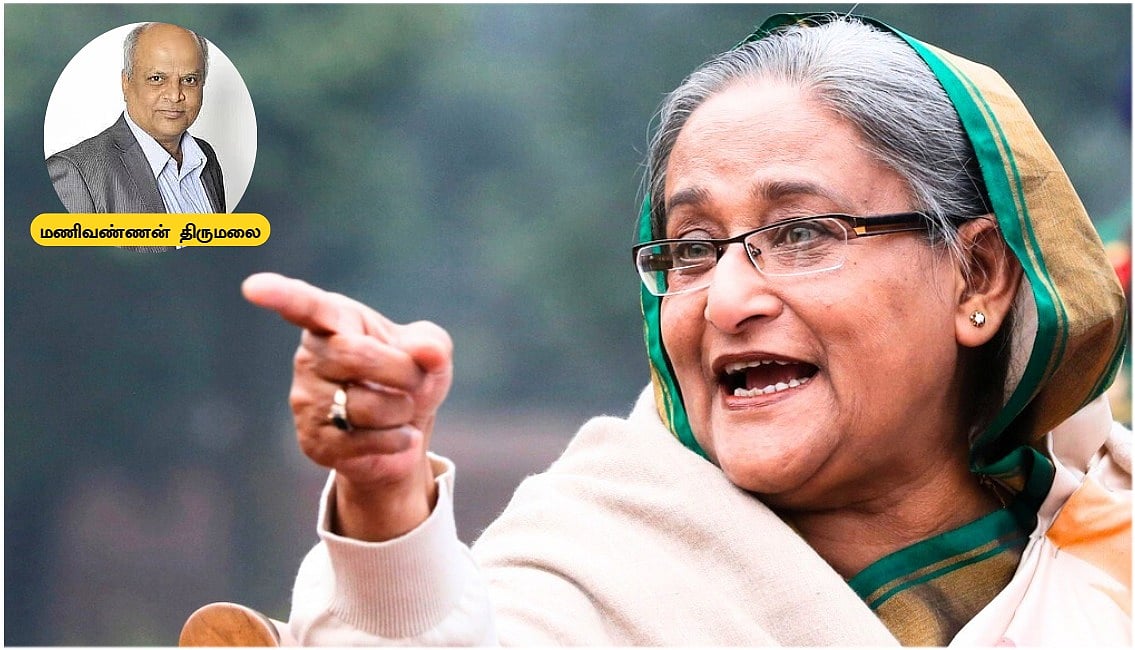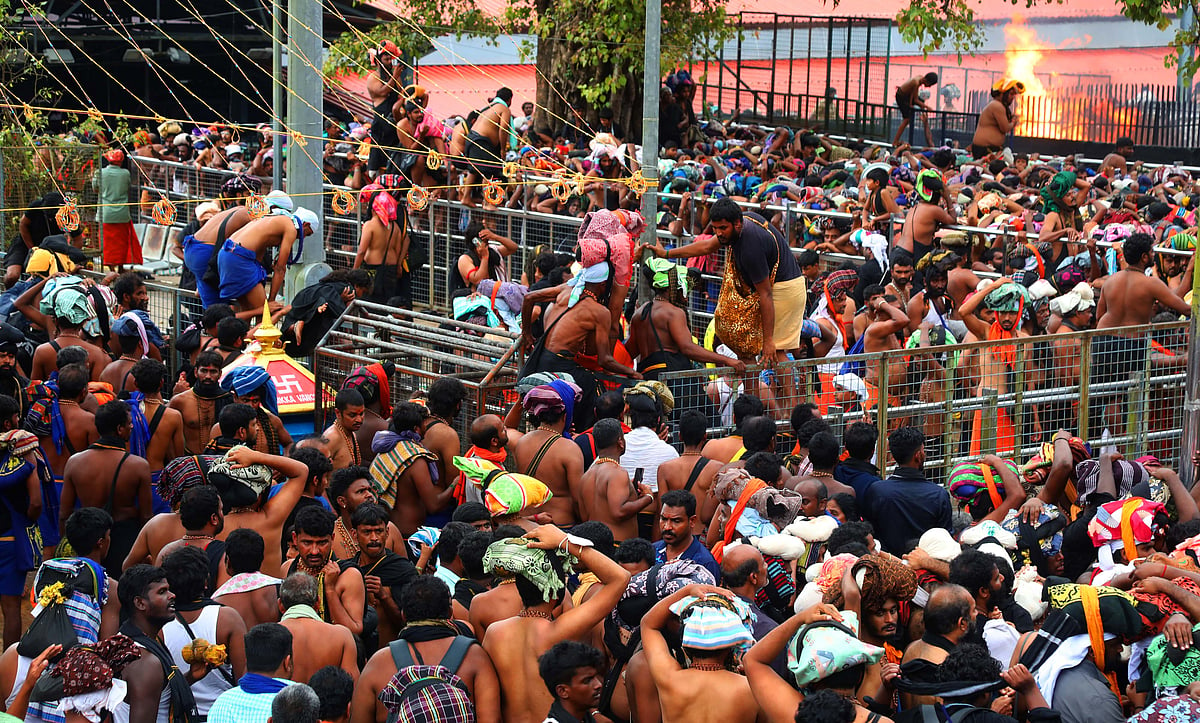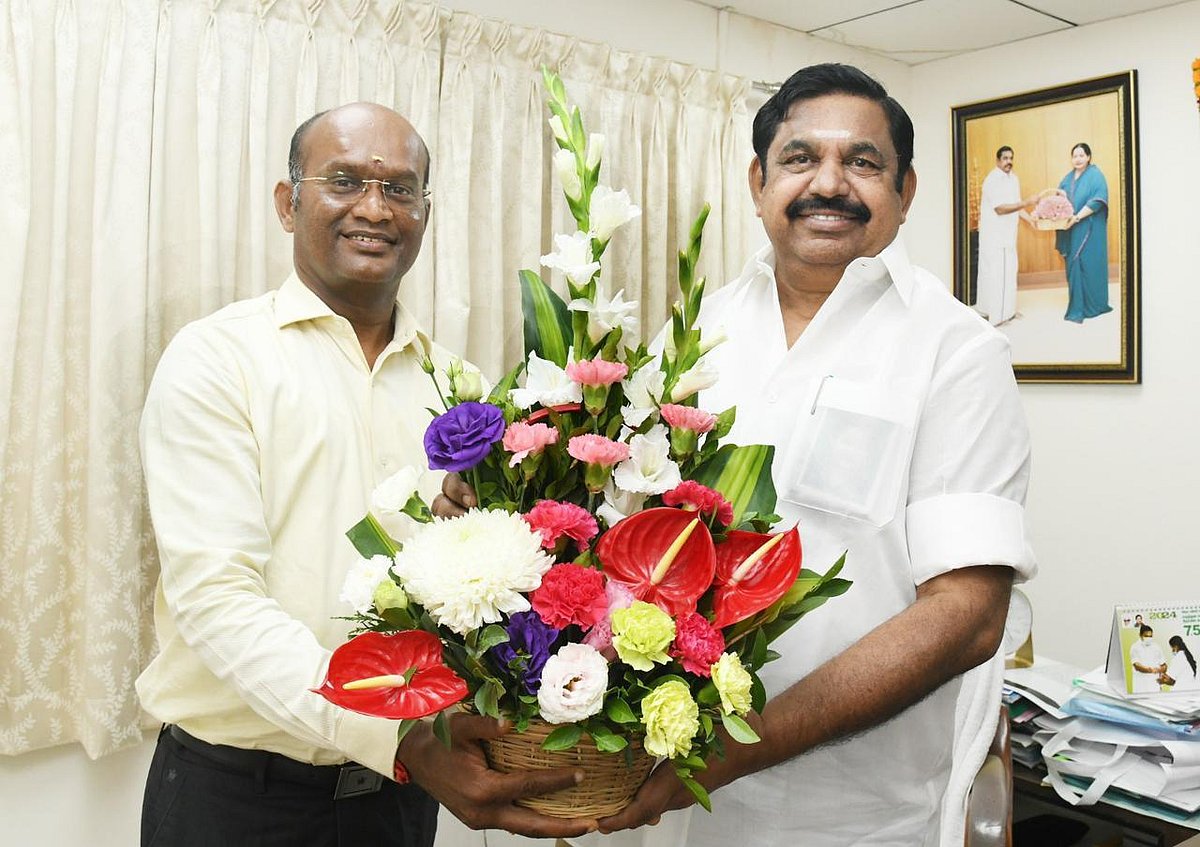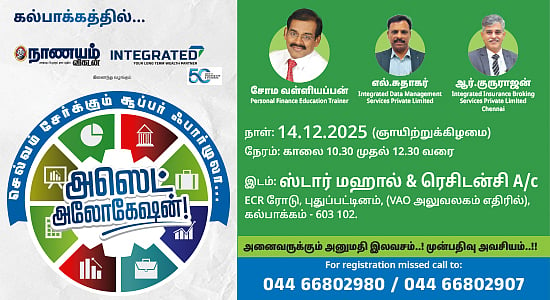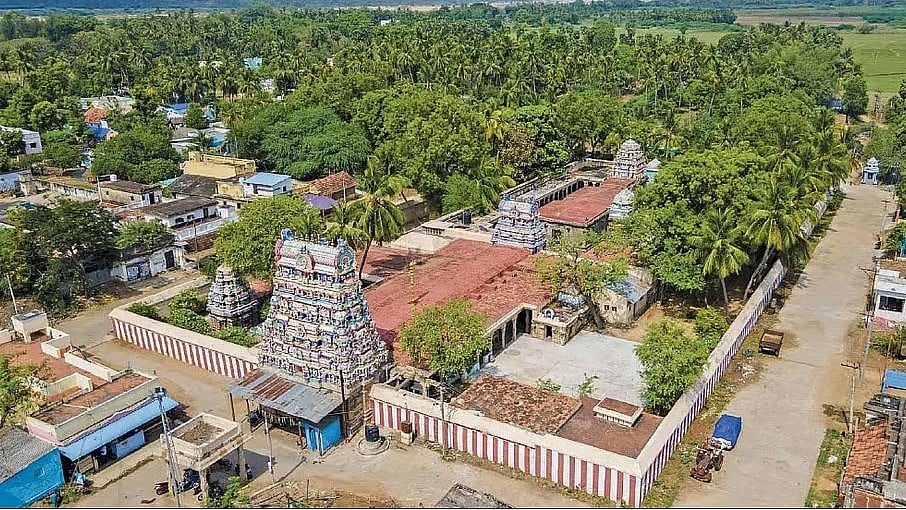கோவை: "விவசாயிகளின் அழுகுரல் ஏன் கேட்கவில்லை?" - பிரதமர் மோடிக்கு முதல்வர் ஸ்டா...
மாநில உரிமை: இன்று முக்கியத் தீர்ப்பு; குடியரசுத் தலைவர் எழுப்பிய '14 கேள்விகள்' என்னென்ன?
தமிழ்நாடு சட்டப்பேரவையில் நிறைவேற்றி அனுப்பப்பட்ட 10 சட்ட மசோதாக்களை ஆளுநர் ஆர்.என்.ரவி நீண்டகாலமாகக் கிடப்பில் போட்டதை எதிர்த்து, தமிழ்நாடு அரசு தரப்பில் உச்ச நீதிமன்றத்தில் வழக்கு தொடரப்பட்டது.
அந்த வழக்கை விசாரித்த உச்ச நீதிமன்ற நீதிபதிகள் ஜே.பி.பர்திவாலா, ஆர்.மகாதேவன் ஆகியோர் அடங்கிய அமர்வு கடந்த ஏப்ரல் 8 தேதி, ``தமிழ்நாடு அரசின் 10 மசோதாக்களுக்கும் ஒப்புதல் வழங்காமல். அவற்றை குடியரசுத் தலைவருக்கு ஆளுநர் பரிந்துரை செய்தது சட்டவிரோதம்.
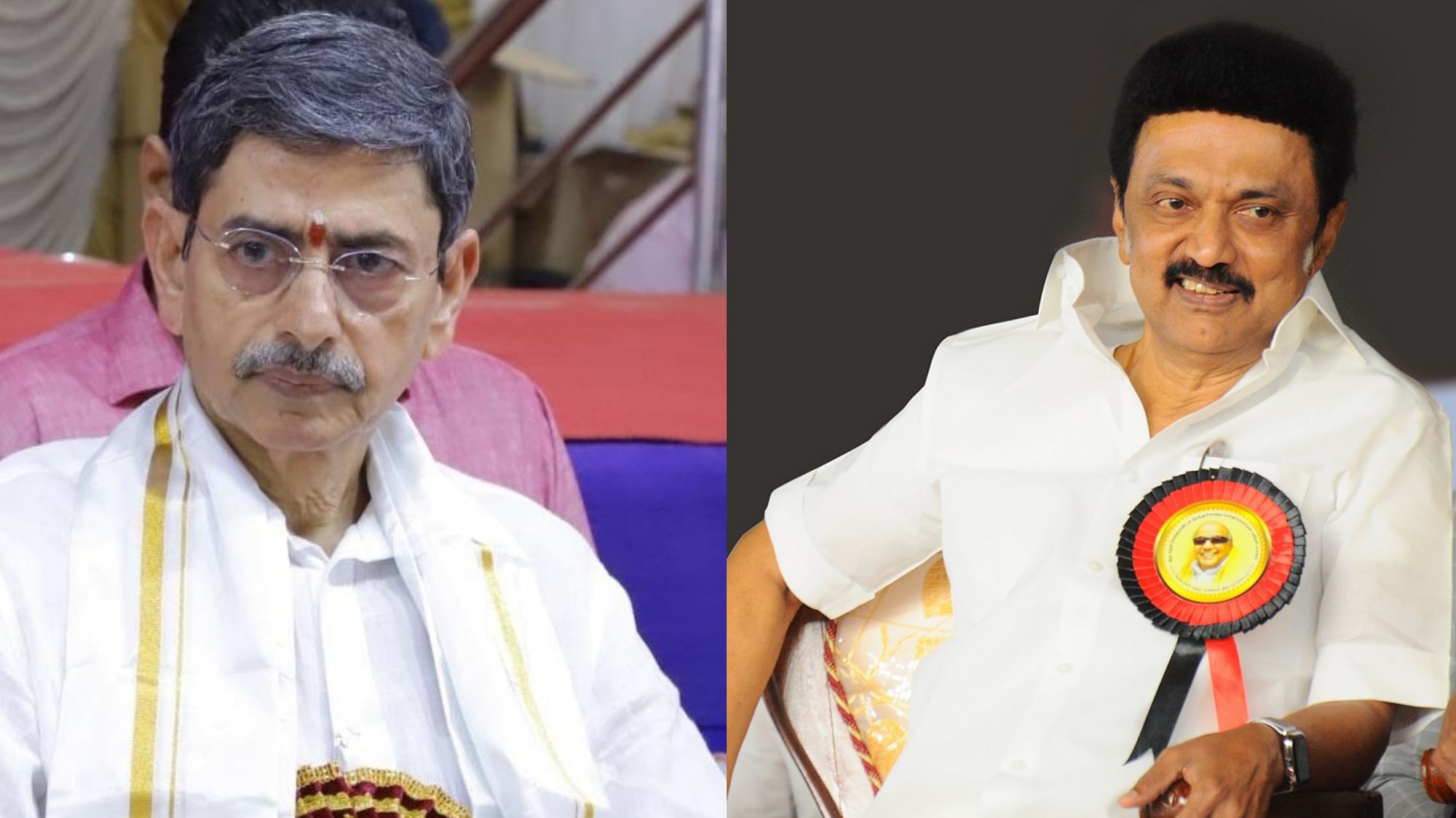
அந்த 10 மசோதாக்களும் உடனடியாகச் சட்டமாக்கப்பட்டு, அமலுக்கு வந்துவிட்டன. மறுநிறைவேற்றம் செய்து அனுப்பி வைக்கப்படும் மசோதாக்கள் மீது ஆளுநர் ஒரு மாதத்திலும், குடியரசுத் தலைவர் 3 மாதங்களிலும் முடிவெடுக்க வேண்டும்” எனக் காலக்கெடு நிர்ணயம் செய்து தீர்ப்பளித்தனர்.
உச்ச நீதிமன்றத்தின் தீர்ப்பை எதிர்த்து, குடியரசுத் தலைவர் திரவுபதி முர்மு மே 13-ம் தேதி இந்த விவகாரம் தொடர்பாக அரசியலமைப்புச் சட்டத்தின் பிரிவு 143-ஐ பயன்படுத்தி, உச்ச நீதிமன்றத்துக்கு 14 கேள்விகளை எழுப்பி, விளக்கம் கோரி கடிதம் அனுப்பியிருந்தார்.
ஆளுநர் தொடர்பான கேள்விகள்
1. இந்திய அரசியலமைப்பின் 200வது பிரிவின் கீழ் ஒரு மசோதா ஆளுநருக்குச் சமர்ப்பிக்கப்படும்போது அவருக்கு இருக்கும் அரசியலமைப்பு விருப்பத் தேர்வுகள் (Options) என்னென்ன?
What are the constitutional options before a Governor when a Bill is presented to him under Article 200 of the Constitution of India?
2. இந்திய அரசியலமைப்பின் பிரிவு 200 இன் கீழ் ஒரு மசோதா தாக்கல் செய்யப்படும்போது, ஆளுநர் தன்னிடம் உள்ள அனைத்து விருப்பத் தேர்வுகளையும் (Options) பயன்படுத்தும்போது, அமைச்சர்கள் குழு வழங்கும் ஆலோசனைகளுக்குக் கட்டுப்படுகிறாரா?
Is the Governor bound by the aid & advice tendered by the Council of Ministers while exercising all the options available with him when a Bill is presented before him under Article 200 of the Constitution of India?
3. அரசியலமைப்புச் சட்டத்தின் பிரிவு 200-இன் கீழ் ஆளுநர் தனது அரசியலமைப்பு ரீதியான விருப்ப அதிகாரத்தைப் பயன்படுத்துவது நீதி விசாரணக்கு (justiciable) உட்பட்டதா?
Is the exercise of constitutional discretion by the Governor under Article 200 of the Constitution of India justiciable?
4. பிரிவு 200-ன் கீழ் ஆளுநரின் நடவடிக்கைகளுக்கு எதிரான நீதி மறுஆய்வுக்கு (judicial review) இந்திய அரசியலமைப்புச் சட்டத்தின் பிரிவு 361 முழுமையான தடை விதிக்கிறதா?
Is Article 361 of the Constitution of India an absolute bar to the judicial review in relation to the actions of a Governor under Article 200 of the Constitution of India?
5. அரசியலமைப்பு ரீதியாக நிர்ணயிக்கப்பட்ட காலக்கெடுவும், ஆளுநரால் அதிகாரங்களைப் பயன்படுத்தும் முறையும் இல்லாத நிலையில், ஆளுநர் இந்திய அரசியலமைப்பின் பிரிவு 200-ன் கீழ் அனைத்து அதிகாரங்களையும் பயன்படுத்துவதற்குக் காலக்கெடுவை விதிக்க முடியுமா, மேலும் நீதிமன்ற உத்தரவுகள் மூலம் செயல்படுத்தும் முறையைப் பரிந்துரைக்க முடியுமா?
In the absence of a constitutionally prescribed time limit, and the manner of exercise of powers by the Governor, can timelines be imposed and the manner of exercise be prescribed through judicial orders for the exercise of all powers under Article 200 of the Constitution of India by the Governor?
குடியரசுத் தலைவர் தொடர்பான கேள்விகள்
6. அரசியலமைப்புச் சட்டத்தின் பிரிவு 201-ன் கீழ் குடியரசுத் தலைவர் தனது அரசியலமைப்பு ரீதியான விருப்ப அதிகாரத்தைப் பயன்படுத்துவது நீதி விசாரணைக்கு உட்பட்டதா?
Is the exercise of constitutional discretion by the President under Article 201 of the Constitution of India justiciable?
7. பிரிவு 201-ன் கீழ் குடியரசுத் தலைவர் தனது விருப்ப அதிகாரத்தைப் பயன்படுத்துவதற்குக் காலக்கெடு விதிக்க முடியுமா அல்லது பயன்படுத்தும் விதத்தை நீதிமன்ற உத்தரவுகள் மூலம் நிர்ணயிக்க முடியுமா?
In the absence of a constitutionally prescribed timeline and the manner of exercise of powers by the President, can timelines be imposed and the manner of exercise be prescribed through judicial orders for the exercise of discretion by the President under Article 201 of the Constitution of India?
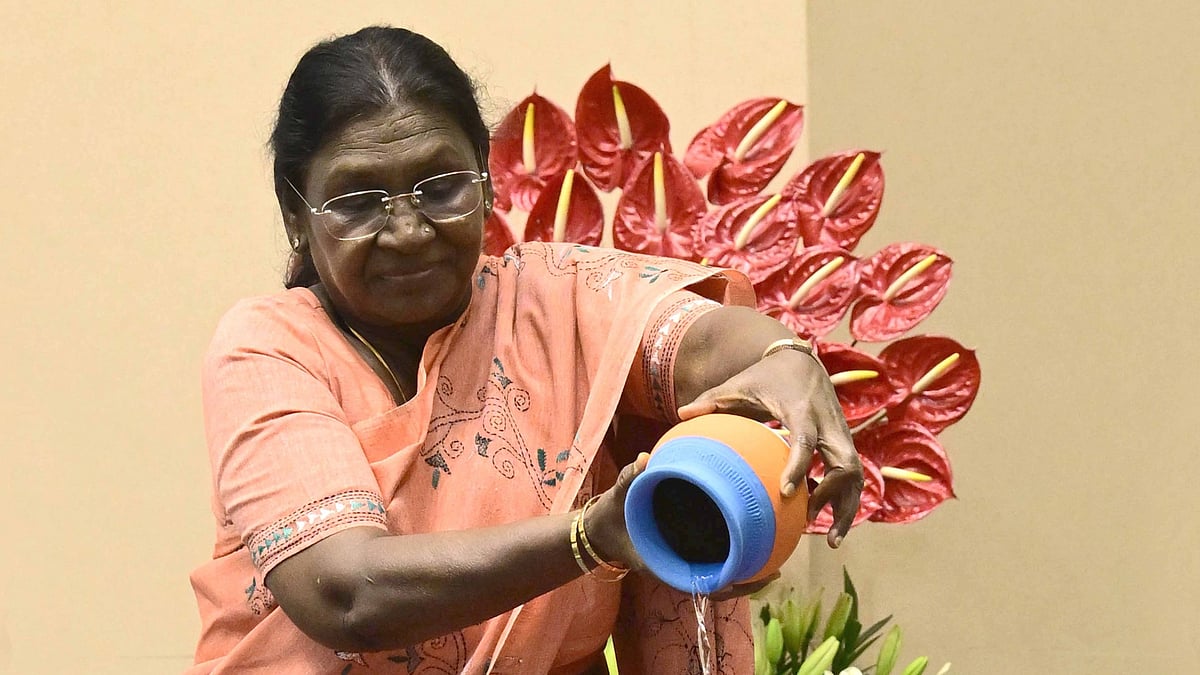
8. குடியரசுத் தலைவரின் அதிகாரங்களை நிர்வகிக்கும் அரசியலமைப்புத் திட்டத்தின் வெளிச்சத்தில், ஆளுநர் குடியரசுத் தலைவரின் ஒப்புதலுக்காக ஒரு மசோதாவை நிலுவையில் வைக்கும்போது, குடியரசுத் தலைவர் பிரிவு 143-ன் கீழ் உச்ச நீதிமன்றத்தின் ஆலோசனையைப் பெற வேண்டியது அவசியமா?
In light of the constitutional scheme governing the powers of the President, is the President required to seek advice of the Supreme Court by way of a reference under Article 143 of the Constitution of India and take the opinion of the Supreme Court when the Governor reserves a Bill for the President’s assent or otherwise?
நீதிமன்றம் தொடர்பான கேள்விகள்
9. பிரிவு 200 மற்றும் பிரிவு 201-ன் கீழ் ஆளுநர் மற்றும் குடியரசுத் தலைவர் எடுக்கும் முடிவுகள், சட்டம் நடைமுறைக்கு வருவதற்கு முன்பே நீதி விசாரணைக்கு உட்பட்டவையா? சட்டமாவதற்கு முன், அதன் உள்ளடக்கங்கள் குறித்து நீதிமன்றங்கள் எந்த வகையிலும் நீதி விசாரணையை மேற்கொள்வது அனுமதிக்கப்படுமா?
Are the decisions of the Governor and the President under Article 200 and Article 201 of the Constitution of India, respectively, justiciable at a stage anterior into the law coming into force? Is it permissible for the Courts to undertake judicial adjudication over the contents of a Bill, in any manner, before it becomes law?
10. இந்திய அரசியலமைப்புச் சட்டத்தின் பிரிவு 142-ன் கீழ், குடியரசுத் தலைவர் / ஆளுநர் தன் அரசியலமைப்பு அதிகாரங்களைப் பயன்படுத்துவதையும், உத்தரவுகளையும் எந்த வகையிலும் நீதிமன்றங்கள் மாற்றம் செய்ய முடியுமா?
Can the exercise of constitutional powers and the orders of/by the President / Governor be substituted in any manner under Article 142 of the Constitution of India?
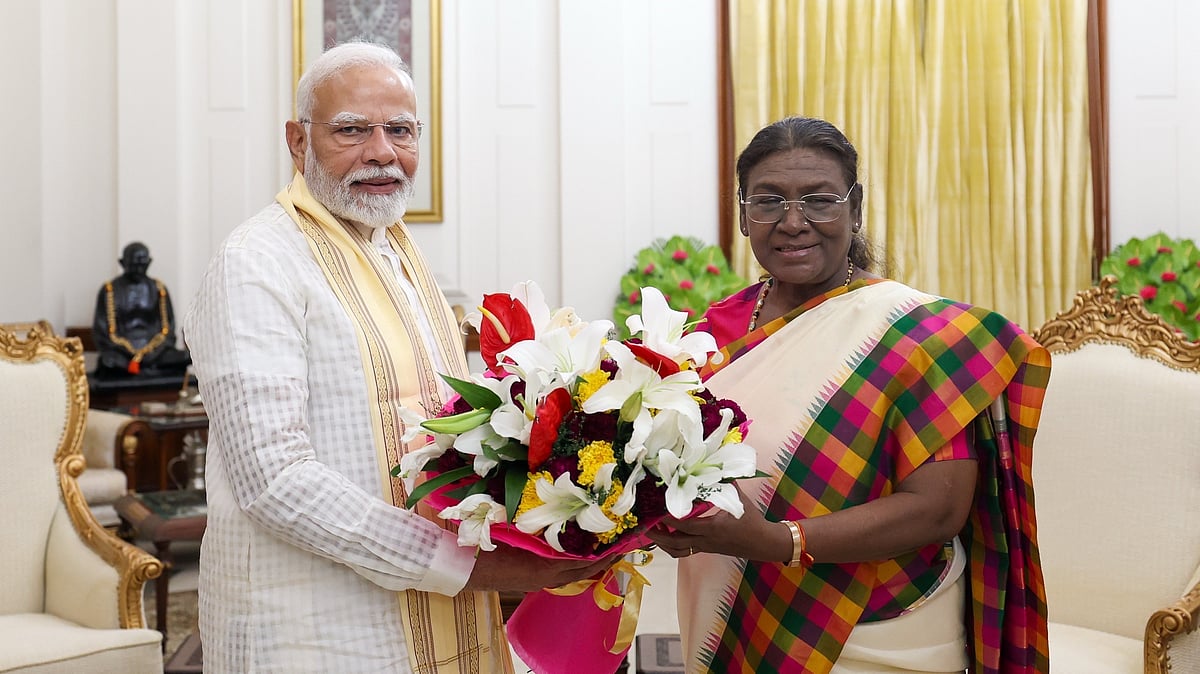
11. இந்திய அரசியலமைப்புச் சட்டத்தின் பிரிவு 200-இன் கீழ் ஆளுநரின் ஒப்புதல் இல்லாமல், மாநிலச் சட்டமன்றத்தால் இயற்றப்பட்ட சட்டம் நடைமுறையில் உள்ள சட்டமாகக் கருதப்படுமா?
Is a law made by the State legislature a law in force without the assent of the Governor granted under Article 200 of the Constitution of India?
12. இந்திய அரசியலமைப்புச் சட்டத்தின் பிரிவு 145(3)-ன் நிபந்தனையின்படி, ஒரு வழக்கில் எழுப்பப்படும் கேள்வி, அரசியலமைப்பின் விளக்கத்துடன் தொடர்புடைய கணிசமான சட்டப் பிரச்னைகளை உள்ளடக்கியதா என்பதை முதலில் முடிவு செய்து, அதைக் குறைந்தபட்சம் ஐந்து நீதிபதிகளைக் கொண்ட அமர்வுக்குப் பரிந்துரைப்பது உச்ச நீதிமன்றத்திற்குக் கட்டாயமில்லையா?
In view of the proviso to Article 145(3) of the Constitution of India, is it not mandatory for any bench of this Hon’ble Court to first decide as to whether the question involved in the proceedings before it is of such a nature which involves substantial questions of law as to the interpretation of constitution and to refer it to a bench of minimum five Judges?
13. இந்திய அரசியலமைப்புச் சட்டத்தின் பிரிவு 142-ன் கீழ் உச்ச நீதிமன்றத்தின் அதிகாரங்கள் நடைமுறைச் சட்டம் தொடர்பான விஷயங்களுக்கு மட்டுமே வரையறுக்கப்பட்டுள்ளதா? அல்லது பிரிவு 142-ன் கீழ் உள்ள அதிகாரங்கள், தற்போதுள்ள அடிப்படை சட்டம் அல்லது நடைமுறை சட்ட விதிகளுக்கு முரணான அல்லது பொருந்தாத உத்தரவுகளைப் பிறப்பிக்கும் வரை நீட்டிக்கப்படுகிறதா?
Do the powers of the Supreme Court under Article 142 of the Constitution of India limited to matters of procedural law or Article 142 of the Constitution of India extends to issuing directions /passing orders which are contrary to or inconsistent with existing substantive or procedural provisions of the Constitution or law in force?
14. இந்திய அரசியலமைப்புச் சட்டத்தின் பிரிவு 131-ன் கீழ் உள்ள வழக்குத் தொடர்வு முறையைத் தவிர, மத்திய அரசுக்கும் மாநில அரசுகளுக்கும் இடையிலான சர்ச்சைகளைத் தீர்க்கும் வேறு எந்த அதிகார வரம்பையும் அரசியலமைப்பு உச்ச நீதிமன்றத்திற்குக் கட்டுப்படுத்துகிறதா?
(Does the Constitution bar any other jurisdiction of the Supreme Court to resolve disputes between the Union Government and the State Governments except by way of a suit under Article 131 of the Constitution of India?)
என 14 கேள்விகளைக் கேட்டிருந்தார்.

இது தொடர்பான வழக்கு, தலைமை நீதிபதி பி.ஆர்.கவாய் அமர்வில் கடந்த செப்டம்பர் மாதம் தொடர்ந்து 10 நாள் விசாரிக்கப்பட்டது.
இதில், தமிழ்நாடு அரசு தரப்பில் வழக்கறிஞர்கள் அபிஷேக் மனு சிங்வி, ஹரீஷ் உள்ளிட்டோரும், மத்திய அரசு வழக்கறிஞர்களும் ஆஜராகி வாதங்களை முன்வைத்தனர்.
அனைத்து தரப்பு வாதங்களையும் கேட்ட தலைமை நீதிபதி பி.ஆர். கவாய் அமர்வு கடந்த செப்டம்பர் 11ஆம் தேதி வழக்கின் தீர்ப்பை தேதி குறிப்பிடாமல் ஒத்திவைத்தது.
இந்நிலையில், இந்த விவகாரத்தின் மீதான தீர்ப்பை உச்ச நீதிமன்ற தலைமை நீதிபதி பி.ஆர். கவாய் தலைமையிலான ஐந்து நீதிபதிகள் அடங்கிய அரசியல் சாசன அமர்வு இன்று காலை 10.30 மணிக்கு அளிக்க இருக்கிறது.
வரும் 23-ம் தேதியோடு உச்ச நீதிமன்ற தலைமை நீதிபதி பி.ஆர். கவாயின் பதவி காலம் முடிந்து அவர் ஓய்வு பெற இருக்கிறார். அதற்கு முன்னதாக 20-ம் தேதி மாநில அதிகாரம் தொடர்பான வழக்கில் அவர் அளிக்கப்போகும் தீர்ப்பு நாடு முழுவதும் பெரும் எதிர்பார்ப்பை ஏற்படுத்தியுள்ளது.

